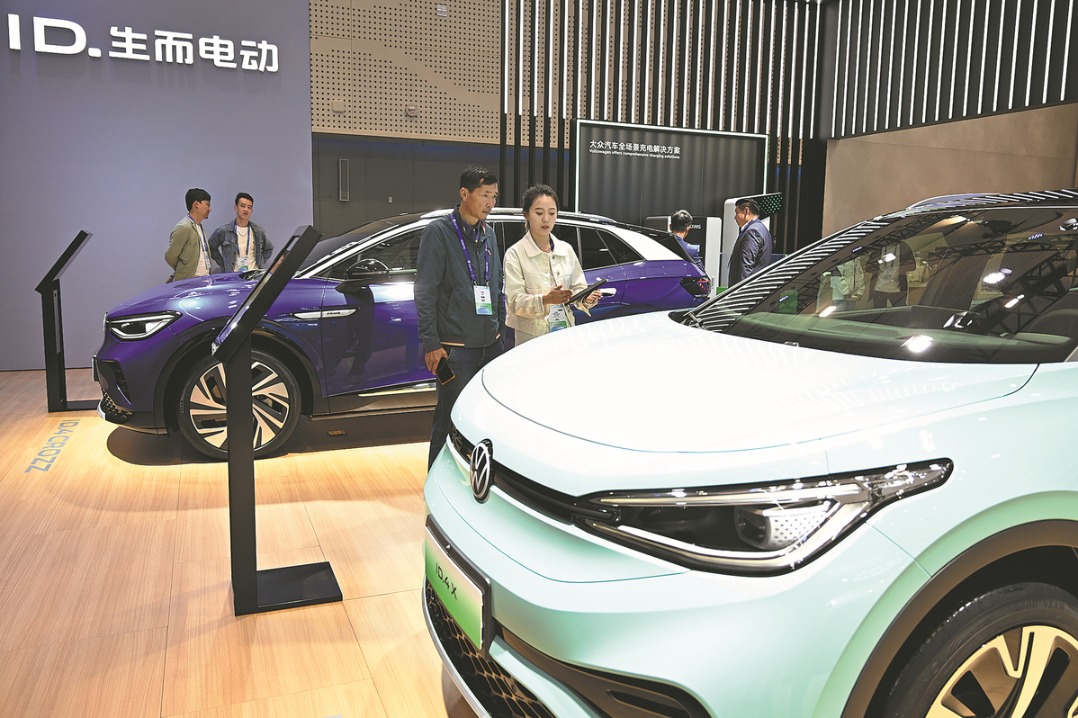Hainan’s Vision for a Green Automotive Future
In a groundbreaking move towards sustainability, Hainan, a tropical island province in South China, is emerging as a trailblazer in the green auto sector. Backed by an extensive network of over 116,800 charging points, the province is setting the stage for a nationwide shift to all-electric vehicles.
Comprehensive Charging Infrastructure
Hainan’s robust infrastructure ensures urban EV owners have convenient access to charging facilities within a kilometer or two. This strategic initiative by the provincial government aims to phase out traditional fossil fuel cars by 2030, targeting a substantial 45 percent share of electric and hybrid vehicles in the island’s automotive fleet.
Hainan Tops China’s EV Sales
BloombergNEF reports that Hainan has surged ahead in China’s EV sales, boasting over 50 percent of new car sales being electric as of September. This puts the Guangxi Zhuang autonomous region at a close second with 46 percent, surpassing its 2025 target of a 30 percent representation of EVs in new sales.
Mid-Sized Cities Drive Growth
While megacities traditionally led China’s EV sales, mid-sized cities have become the primary drivers of growth. Comprehensive policy support and automakers’ interest in smaller regions have sparked a faster transition to EVs. BloombergNEF emphasizes that these areas, despite lacking indigenous EV and battery manufacturers, are witnessing increased policy support and automaker interest, paving the way for enhanced EV model availability and increased demand.
Advantages of EVs in Hainan
Apart from its strategic infrastructure, Hainan offers specific benefits for promoting EVs. The island’s moderate climate contributes to the extended life of batteries, providing a notable advantage over colder regions. Additionally, higher vehicle ownership rates in mid-sized cities suggest a potential market for upgrading to newer, premium EV models.
In conclusion, Hainan’s green initiatives position it as a leader in China’s electric vehicle revolution. With the nation’s eyes on this tropical province, it could very well become the blueprint for a sustainable, all-electric automotive future.
Source:http://www.chinadaily.com.cn





